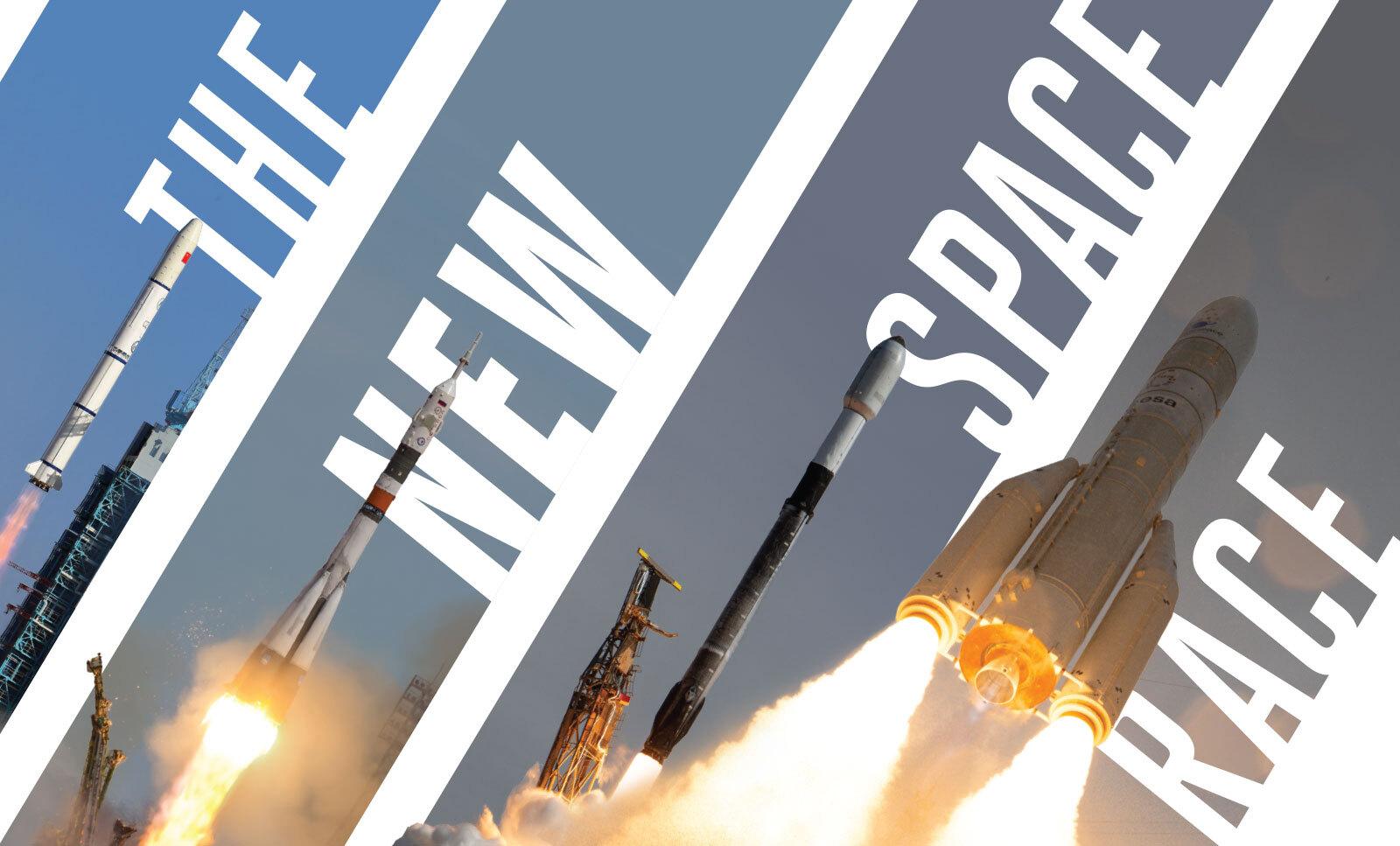In its latest edition, GW Research Magazine features the Elliott School's Space Policy Institute:
A Policy Pioneer
At the George Washington University, a small group of experts has spent nearly 40 years training generations of space leaders. Housed in GW’s Elliott School of International Affairs, SPI is a “bridge between pure academia and policy work,” says Pace, who has held leadership positions at NASA and the White House across three administrations.
“It’s our ambition to ensure that we are aware of, and ideally part of, any major movement in U.S. space policy,” he says. A primary goal is to get students and researchers to “think about governance and regimes that are very, very different from what we have here [on Earth].”
The institute was born out of GW’s Program of Policy Studies in Science and Technology, established in 1966 with NASA grants. Designed from its start with a policy focus, the university hired John Logsdon, an expert in space politics and policy, in 1968. By 1973, Logsdon was running space-related courses and research for a small group of master’s students. But it wasn’t until the 1986 Challenger disaster that an official Space Policy Institute took shape.
“There got to be a lot of talk in the Washington space community about the need for an independent think tank on space issues,” recalls Logsdon. “I woke up one morning and realized we were already doing that, and so [we] just put a new sign on the door.”
Today’s SPI operates with a few veteran experts, like Pace, Logsdon and Hertzfeld, plus around 10 other full-time, part-time and associated faculty. (Logsdon became a professor emeritus and retired as institute director in 2008 but still contributes to SPI's work.) It also welcomes short-term visiting and nonresident scholars from around the world with expertise across space politics and industry who conduct research, publish papers and lead seminars for students.
Few master’s degree programs offer space policy concentrations, enabling GW to carve out a niche. “The best place to study policy is where policy is made,” says Logsdon, who served on the Columbia Accident Investigation Board that examined the causes of the 2003 Columbia space shuttle disaster. “We are one of the very few places you could enroll and have the reasonable opportunity to rub shoulders with the people that are doing what you came to study.” The institute often invites such experts into classrooms and to join panels—from policymakers, to NASA administrators like Michael Griffin and Charles Bolden to international space agency leaders like Josef Aschbacher, the European Space Agency’s director general.
For more, visit GW Research Magazine to read the complete article.


